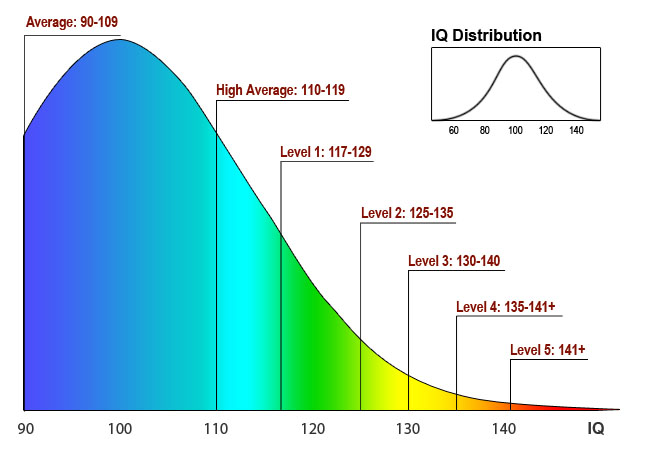Many years ago, back in the Middle Ages, the quality of
music in any village was only as good as the one or two musicians, who lived
there. This continued on for hundreds of
years, until the advent of the radio and records. These two technological inventions brought a
higher quality of music, people had not heard before. In a short period the quality of music for
people in the “villages” went from local to national, and in some cases to
world quality music. And to this day the music industry continues to rely on
technological improvements for advancing music.
But how is education like the evolution of the music industry?
In today’s schools, the education is only as good as the
“musician in the village”. Today,
a student has one teacher for each of his or her
subjects. In the case of K-6 or
elementary education, students will have one teacher for the entire school year. Teachers throughout the United States have a
vast range of training, years of education, years of teaching and
motivation. Parents and communities
alike have pointed out these differences, either through lawsuits or
protests. Academics have researched
disparity in education and have found support for this argument. Like music, in the 1920’s, education has an
opportunity to improve inside every classroom in the United States though the
use of technology. Now, teachers,
regardless of background, quality of teaching, years of experience or
motivation, can introduce videos of world-class instructors teaching the
subject or concept to students. Today,
some teachers have “flipped” their classrooms where the student watches the
lesson at home and then on the next day, they do the follow up “homework”
inside the class. This works well for
two obvious reasons. When students are
doing the work, and have questions, they can ask their teacher, not their
parent. And the quality of instruction is always at world-class standards. When students receive instruction at this
level, first, it is easier to understand, and they are more likely to be
successful when completing his or her work. If a student needs re-teaching,
they can simply back up the video, free of judgment from peers or their teacher.
Second, the quality of education can increase over a short time period, thus
producing “quick wins” and reinforcing these changes are effective for both the
teacher and student.
If we look at education and the individual teacher as the
one “musician in the village” back in the Middle Ages, whereby the quality of
education ranges from poor to great, then this will help us to understand why
there is need for immediate improvement.
And if we can take from the music industry’s use of technology to help
bring a higher quality to all families throughout the United State and then
apply it to education, we can predict that the quality of education will
greatly improve in a short period of time.
This is what E-Gifted is all about, finding world-class
instruction and offering it to teachers and students through workshops,
training, and classes for students. E-Gifted teachers are trained in gifted
teaching strategies and curriculum design. E-Gifted classes can be streamed
live to any classroom. E-Gifted is excited to be a part of the learning revolution.











